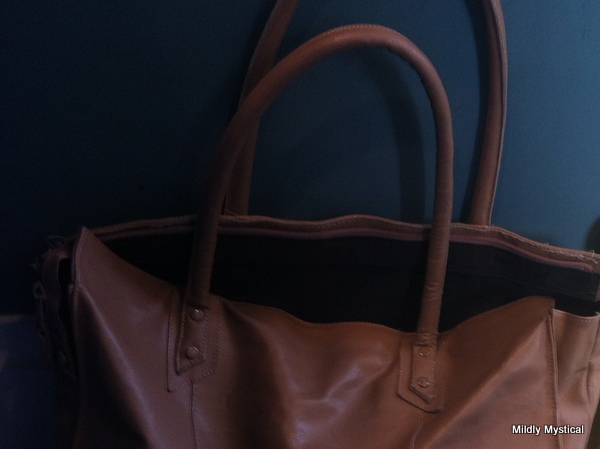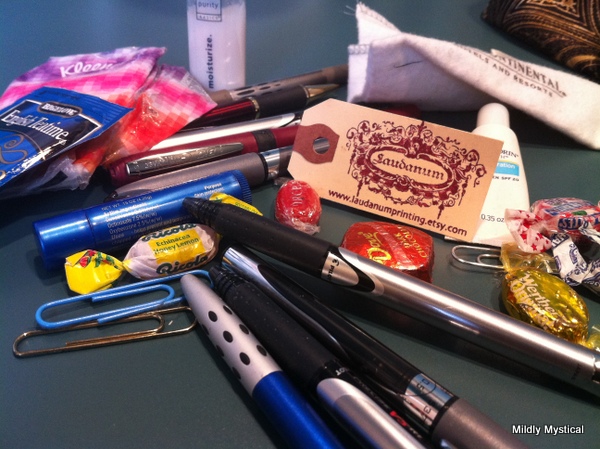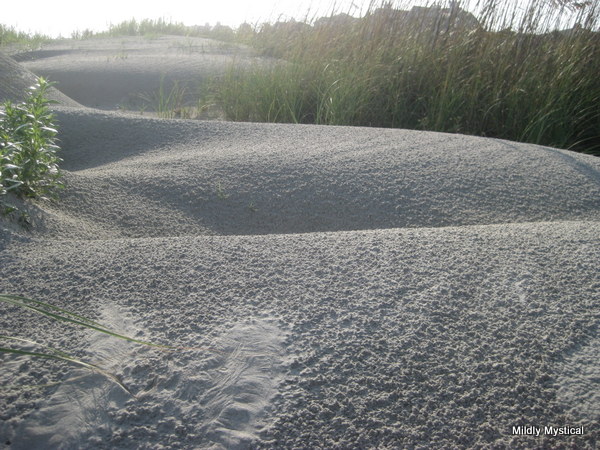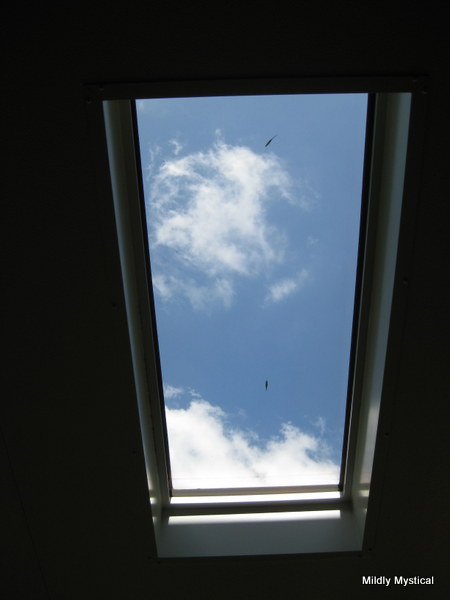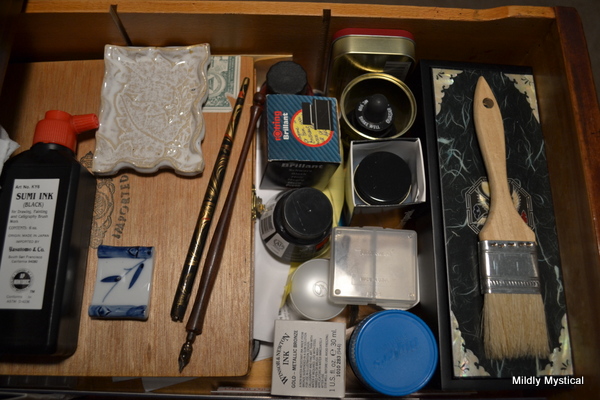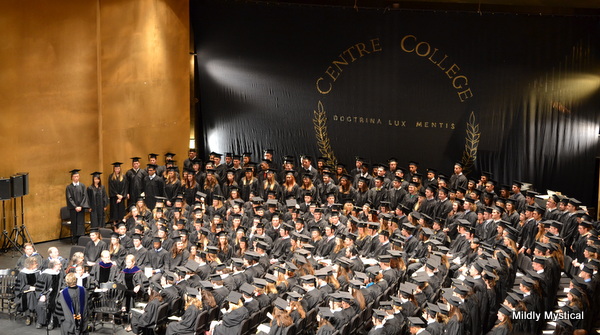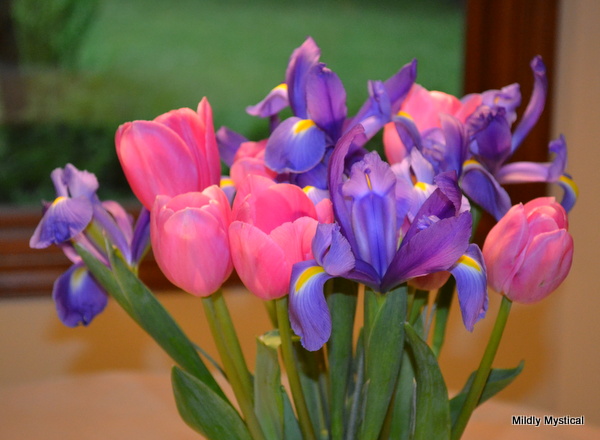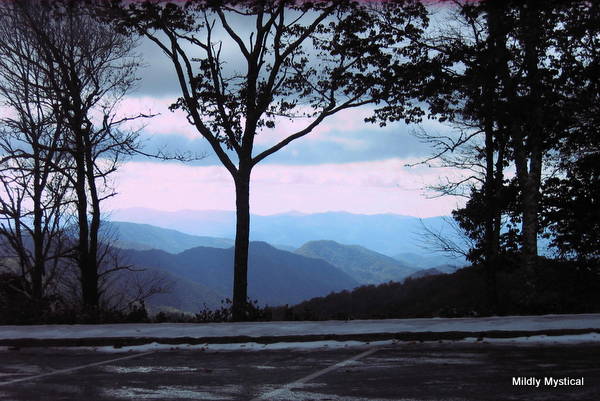This week of Pentecost, celebrating the coming of the Holy Spirit that launched the church, seems to me an especially appropriate time to consider new possibilities for what the practice of Christianity can be. An insightful book that helps in doing exactly that is Paul R. Smith’s Integral Christianity: The Spirit’s Call to Evolve.
Sometimes the right book crosses our path at the right time, and for me this is just such a book—one that articulates a vision of a more inclusive and spiritually oriented church, at a time when I’m asking how church can be better at fostering spiritual growth, and what might help it in moving forward. It is written by a pastor who cares deeply about his own congregation and about the church at large.
Smith begins by looking at the stages of religious understanding, recognizing the gifts and strengths of each stage while noting the limitations to be overcome. Each level builds on and incorporates some of those previous understandings about God and faith, while moving toward greater spiritual insight. His description of these stages is available in a series of articles here.
He then looks at the ways in which we can experience the Divine—as God around us encompassing all of creation, as God beside us in close relationship, and God as a divine spark within. He then explores ways of seeking connection with the Divine, an experience available at every stage of spiritual development.
He sees Jesus as a model of what human life can be, exhibiting the divinity at the heart of human beings, and revealing how we can live when we transcend ego, connect with God, and live according to our true Christlike self. The Bible shows faithful people moving through various stages, being led by those with greater understanding and experience. The kingdom of God is a term for a higher stage yet, when we are better able to move beyond ordinary, everyday awareness and into the spiritual reality in which we are one with Christ and with each other.
Smith sees the church as a place to deepen our thinking about God, to heighten our experience of God, and to be transformed by how we see ourselves in connection with God. He takes seriously the mystical experiences described in the New Testament, which mainline churches such as mine tend to overlook. Thinking people are suspicious of such visions and visitations, associating manifestations of the spirit with distasteful public spectacles and primitive theology. Smith points out that experiences of God or visitations of the Holy Spirit can take many forms, some dramatic and some more subtle. What’s more, we interpret those experiences according to our various stages of understanding. Experience of God is not something that we outgrow, nor is it relegated only to religion that denies the value of reason. He quotes Karl Rahner as saying, “The Christian of tomorrow will be a mystic, or not a Christian at all.”
He sees the role of the church as helping and encouraging people to grow spiritually, both in understanding and experience of God. In a healthy church, the members are encouraged to grow into the next spiritual stage of understanding, and to experience increasing closeness to God. It is from this transformation that good works will emanate.
We are best able to love and serve others when we operate in a climate of health and wholeness within ourselves. We need the loving, healing presence of God, and the world needs the love and healing we can offer out of that experience. These are the most valuable things that the church can offer, the source of all good gifts that the church and its members can share with the world.


